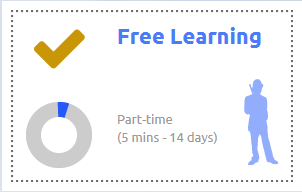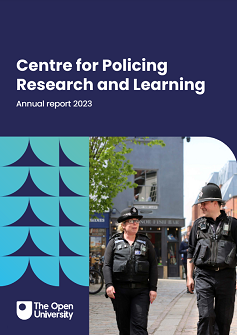You are here
- Home
- Protecting Vulnerable People
Protecting Vulnerable People

These free resources are organised into categories aligned to the College of Policing Curriculum and in agreement with police experts. You can study them at any time and anywhere.
Select the duration of study below and you will be taken to resources that match that duration
| An hour or less of study | 1-7 Hours of study | More than 7 hours of study |
|---|
An hour or less of study
1-7 hours of study
Social care in the community
Social care involves the challenge of supporting people who, for a variety of reasons, are unable to function without assistance or supervision. This course focuses on one important area of social care, home care for older people. You will explore social care, a major area of provision in health and social care. All societies face the challenge of supporting people who, for a variety of reasons, are unable to function without assistance or supervision.
Type of activity: Course
More than 7 hours of study
Children and young people’s participation
Listening to children is a first step in the participation agenda, which is reasonably well established. By contrast, enabling children to share in decision making lags some way behind. This course emphasises that the adoption of an integrated approach to participation by different sectors of the children's workforce is of crucial importance.
Type of activity: Course
Discovering disorder: young people and delinquency
This course introduces two approaches to understanding juvenile delinquency. The psychological approach focuses on examining what makes some individuals, but not others, behave badly. The sociological approach looks at why some individuals and some behaviours are defined as disorderly.
Type of activity: Course
Social problems: Who makes them?
Anti-social behaviour, homelessness, drugs, and mental illness: all problems in today's society. But what makes a problem social? This course will help you to discover how these issues are identified, defined, given meaning and acted upon. You will also look at the conflicts within social science in this area, through examples of inequalities that result from particular social constructions.
Type of activity: Course
News
Upcoming Events
Online Seminar: Strengthening Trust and Legitimacy of Policing
Wednesday, September 25, 2024 - 13:00 to 14:30
Online Seminar: Can Coercive Behaviour be identified through Machine Learning?
Wednesday, October 23, 2024 - 13:00 to 14:30

